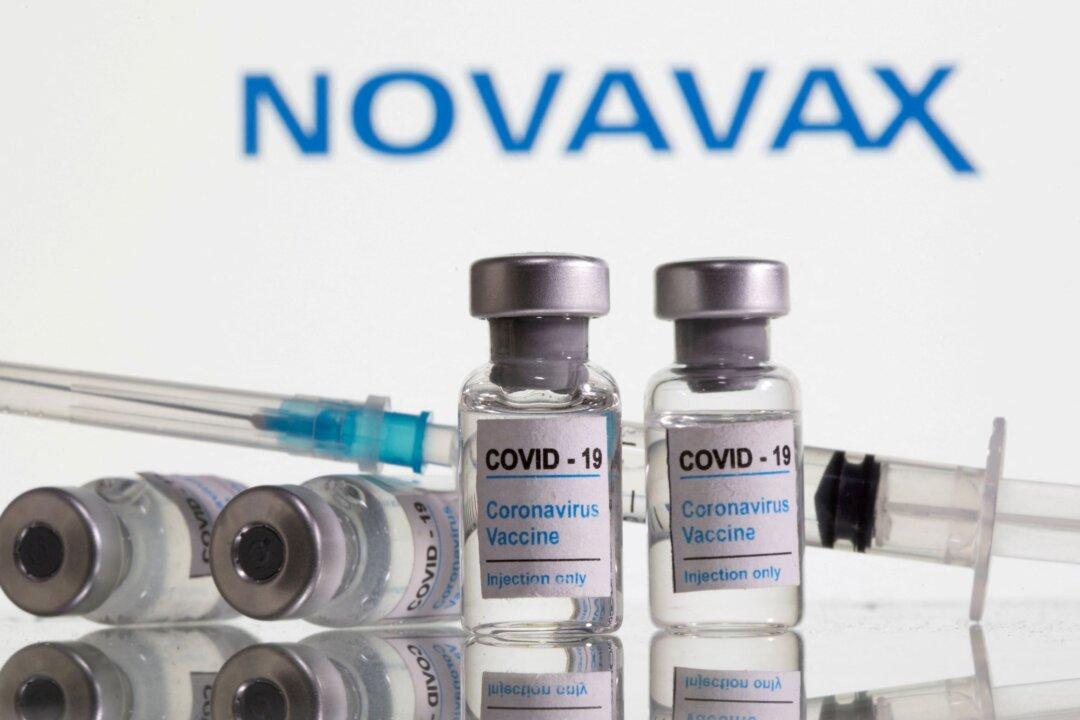The Novavax COVID-19 protein vaccine has been approved by the ATAGI as a booster alternative to mRNA vaccines for Australians aged 18 and over.
The ATAGI stated (pdf) that the Novavax COVID-19 vaccine currently has “limited evidence” on its safety and immunogenicity as a booster, but is acceptable as a third shot if “no other COVID-19 vaccine is suitable for that individual.”





